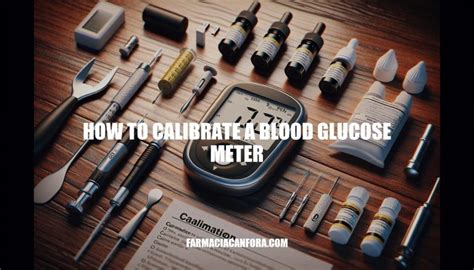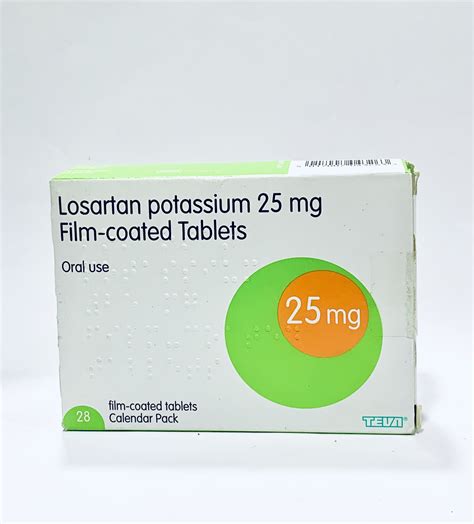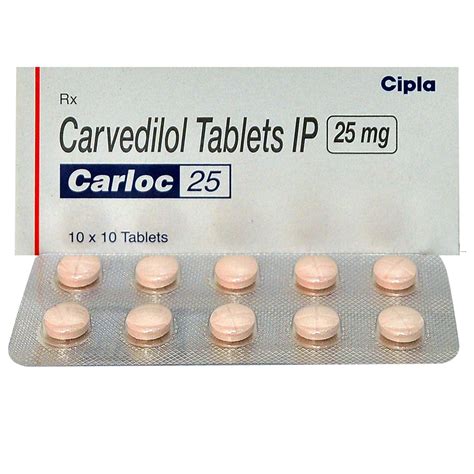When Are Blood Sugar Readings Most Accurate? Tips Inside

Understanding the nuances of blood sugar readings is crucial for individuals managing diabetes or prediabetes. The accuracy of these readings can significantly impact treatment plans, lifestyle adjustments, and overall health outcomes. Blood sugar levels fluctuate throughout the day due to various factors, including meals, physical activity, stress, and sleep. Therefore, knowing when blood sugar readings are most accurate can help in making informed decisions about health.
Factors Affecting Blood Sugar Readings
Before diving into the best times for taking blood sugar readings, it’s essential to understand the factors that can affect their accuracy. These include:
- Meal Times: Consuming meals, especially those high in carbohydrates, can cause blood sugar levels to spike.
- Physical Activity: Exercise can lower blood sugar levels by increasing the body’s uptake of glucose.
- Medications: Certain medications, including diabetes medications, can influence blood sugar levels.
- Stress and Illness: Stress and illness can increase blood sugar levels due to the release of stress hormones like cortisol and adrenaline.
Best Times for Blood Sugar Readings
Given these factors, the timing of blood sugar readings can provide different insights into one’s glucose control:
Fasting Blood Sugar: Taken after an overnight fast of at least 8 hours, this reading provides a baseline measurement of blood glucose levels without the influence of recent meals. It’s a critical measure for diagnosing and managing diabetes.
Pre-meal Readings: Checking blood sugar before meals can help determine how the body is managing glucose between meals and can inform choices about meal composition and portion sizes.
Post-meal Readings: Typically taken 1-2 hours after eating, these readings help assess how well the body manages glucose after consuming a meal. High post-meal readings can indicate the need for dietary adjustments or medication adjustments.
Before Bedtime: Evening readings can indicate how well glucose levels are controlled overnight and may suggest the need for adjustments in the dinner meal or bedtime snack to prevent overnight hypoglycemia or hyperglycemia.
Tips for Accurate Blood Sugar Readings
To ensure that blood sugar readings are accurate and reliable, consider the following tips:
- Use a High-Quality Glucose Meter: Invest in a glucose meter that has been calibrated correctly and is known for its accuracy.
- Follow Proper Testing Technique: Ensure the skin is clean and dry, and the lance penetrates the skin at the correct depth to get an adequate blood sample.
- Test at the Same Time Daily: Establishing a routine for taking readings can help in identifying patterns and fluctuations in blood sugar levels.
- Keep a Log: Recording blood sugar readings, along with notes about meals, activities, and any symptoms, can provide valuable insights into glucose control and help in making informed decisions.
Advanced Tips for Managing Blood Sugar
For those looking to take their glucose management to the next level, consider:
- Continuous Glucose Monitoring (CGM) Systems: These devices provide real-time glucose readings throughout the day and night, offering detailed insights into glucose trends and patterns.
- Data Analysis: Utilize software or apps that can analyze glucose data, providing personalized recommendations for improvement.
- Professional Guidance: Work closely with a healthcare provider or diabetes educator to interpret glucose data and adjust treatment plans as needed.
Conclusion
Achieving accurate blood sugar readings is a multifaceted process that involves understanding the factors that influence glucose levels, selecting the right times for testing, and employing best practices for testing and data analysis. By taking a proactive and informed approach to glucose management, individuals can better navigate the complexities of diabetes care and work towards achieving optimal health outcomes.
What is the ideal time to check blood sugar levels for someone with diabetes?
+The ideal time to check blood sugar levels can vary depending on individual circumstances, but generally, checking before meals, after meals, and before bedtime can provide a comprehensive view of glucose control throughout the day.
How often should I check my blood sugar levels if I have gestational diabetes?
+For individuals with gestational diabetes, it's often recommended to check blood sugar levels four times a day: once in the morning after waking up (fasting), and then one to two hours after each meal. However, the frequency may be adjusted based on the healthcare provider's advice and the individual's specific needs.
Can I rely solely on a continuous glucose monitor (CGM) for managing my diabetes, or should I also use a traditional glucose meter?
+While CGMs provide valuable real-time glucose data and trends, they should be used in conjunction with a traditional glucose meter for calibration and to confirm readings, especially during periods of rapid glucose change or when the CGM readings are questionable.
By adopting a nuanced approach to blood sugar management, individuals can navigate the challenges of diabetes care with confidence and precision, leveraging technology, data analysis, and professional guidance to achieve the best possible health outcomes.


